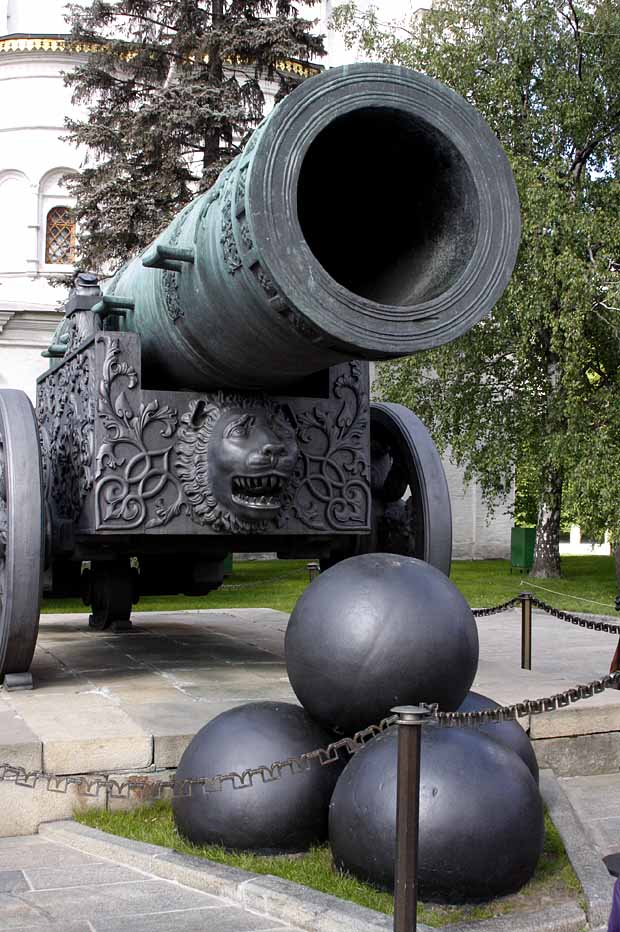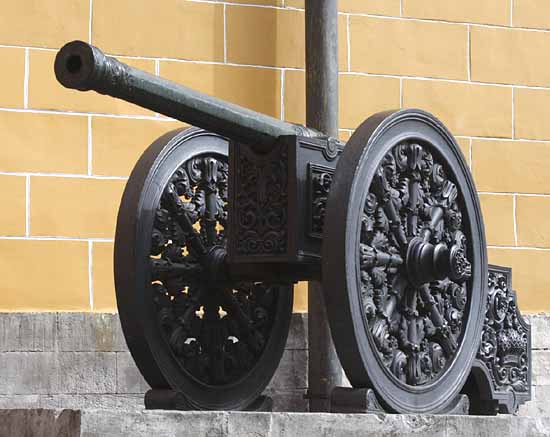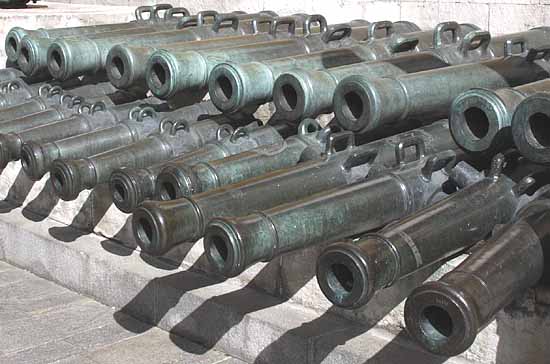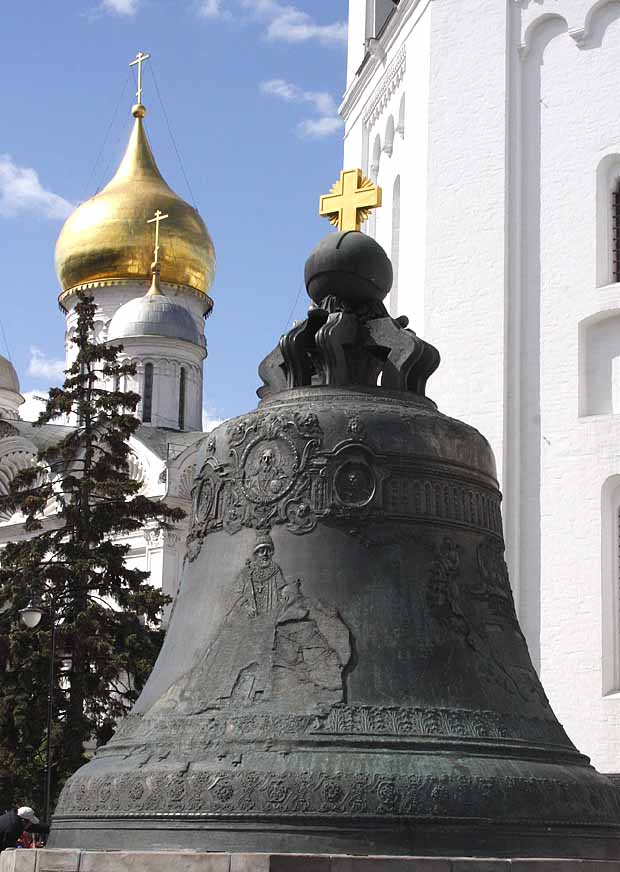In 1811 Czar Alexander reduced his support of Napoleon's "Continental System" which was Napoleon's effort to isolate Great Britain economically. This angered Napoleon and was a major factor leading to his ill-fated decision to invade Russia. He launched his invasion on June 22, 1812. Russian forces refused the decisive battle that Napoleon sought and retreated deeper into their country drawing the French in after them. A brief, inconclusive clash took place in Smolensk in August, but nothing was decided and French forces continued to advance. Lengthening lines of communication and a Russian scorched earth policy made it increasingly difficult for Napoleon to resupply his forces. On September 7 the French caught up with the Russian Army in the Battle of Borodino outside of Moscow. Napoleon won the engagement, but losses on both sides were heavy. Napoleon called Borodino the most terrible battle he had ever fought. He next occupied Moscow believing that Czar Alexander would negotiate for peace. Alexander did not sue for peace and Moscow's military governor ordered Moscow burned instead. Napoleon had political problems back home in Paris and decided to withdraw from Russia. He and his troops suffered greatly during the very difficult winter retreat. He started the invasion of Russia in September 1812 with 450,000 troops and he left Russia in November 1812 with less than 40,000 men. Russian losses during the same time period were estimated to be about 400,000 soldiers and 200,000 civilians.
|
|




